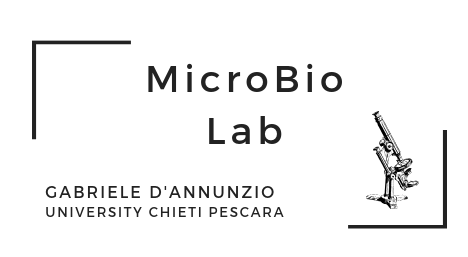Wounds that do not respond normally to treatments after four weeks or that do not heal completely within two months are defined as chronic, constituting a silent epidemic problem affecting billions of people worldwide. The management of chronic wounds takes on complex characteristics due to the persistence of antimicrobial-resistant pathogenic microorganisms (AMR), capable of forming mono-poly microbial biofilms and extremely difficult to eradicate. In this regards, the challenge of our group is to identify innovative treatments to correctly treat the microorganisms responsible of polymicrobial biofilm in a chronic wound. To better evaluate the effect of new natural compound alone or combined each other, we developed the Lubbock Chronic Wound Biofilm (LCWB) model that mimics in vitro the microbial spatial distribution in an in vivo chronic wound. In this model, the presence of red blood cells, plasma and nutrients, mimicking the wound bed environment, develops the growth of microbial population. In this complex microbial colonization, different innovative non-antibiotic compounds have been tested obtaining significant percentages of microbial population reduction suggesting the effective use of these compounds to prevent chronic wound infections. This important topic is also the PON PhD project and of the 2 projects financed by Unione Europea NEXT Generation EU entitled SCIAMI (Eco-friendly antimicrobial Strategies to fight Chronic-wound Infections Associated with Multidrug-resistant pathogens for the development of Innovative medical systems) and PRIN (A heparan sulfate proteoglycan binding protein and Light-Emitting Diodes-LEDs/Complex Electromagnetic Fields-CMFs technologies as innovative eco-sustainable strategies to counteract chronic wound infections associated to Staphylococcuspseudintermedius resistant strains: an interdisciplinary approach to animal-human health). The projects are based on well-defined lines of research and development for the creation of innovative products aimed at improving the level of healing of chronic wounds with a careful eye also on chronic animal wounds. The objectives of these projects will be pursued through the close and coordinated interaction between universities and national and international industries.
SKIN Microbiota


